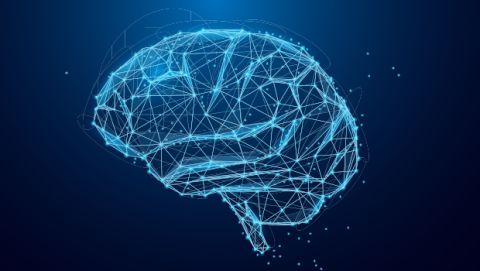How the Democratization of AI Will Transform the World in 2023
According to a report by McKinsey, the democratization of AI could generate up to $13 trillion in additional economic activity by 2030.
Objective
Artificial intelligence (AI) is one of the most powerful and disruptive technologies of our time. It is the ability of machines to perform tasks that normally require human intelligence, such as reasoning, learning, decision making, and problem solving. AI has been transforming various aspects of our lives, from health care to education, from entertainment to transportation.
But what if AI was not only for the elite few, but for everyone? What if anyone could access and leverage the power of AI without having to be an expert in data science, programming, or engineering? This is what the democratization of AI means: making AI available and accessible to everyone, regardless of their technical skills or background.
Introduction
In this report, we will explore how the democratization of AI could boost the global economy by 2030. We will base our analysis on a recent report by McKinsey, a global management consulting firm that provides research and insights on various topics, including AI. We will also discuss some of the challenges and risks that come with the democratization of AI, and how they could be overcome or minimized.
According to the McKinsey report, AI adoption and impact are growing rapidly across different industries, regions, and functions. The report estimates that AI could add about $13 trillion to global GDP by 2030, which is equivalent to about 1.2 percent additional GDP growth per year. The report also identifies six key factors that influence AI adoption and impact: talent, data, computing power, industry structure, firm size, and regulation.
The democratization of AI could accelerate and amplify these factors, leading to more innovation, empowerment, learning, and discovery. For example:
- Innovation: The democratization of AI could lower the barriers to entry and reduce the costs and complexities of developing and deploying AI solutions. This could enable more people to experiment, explore, and innovate with AI. This could lead to new products, services, and business models that could disrupt existing markets and create new ones.
- Empowerment: The democratization of AI could give people access to AI tools and resources that could help them improve their lives, livelihoods, and well-being. This could empower individuals and communities to achieve their goals and aspirations. This could lead to more social and economic opportunities, inclusion, and equality.

- Learning: The democratization of AI could provide people with AI tools and platforms that could help them learn new skills, acquire new knowledge, and discover new possibilities. This could accelerate learning and discovery across various domains and disciplines. This could lead to more scientific breakthroughs, artistic expressions, and cultural exchanges.
- Discovery: The democratization of AI could enable people to access and analyze large amounts of data that were previously inaccessible or incomprehensible. This could reveal new patterns, insights, and opportunities that were previously hidden or unknown. This could lead to more informed decisions, actions, and outcomes.
However, the democratization of AI also poses some challenges and risks that need to be addressed or mitigated. For example:
- Ethical: The democratization of AI could raise some ethical issues such as privacy, security, bias, fairness, accountability, and transparency. These issues could affect how people trust and use AI, as well as how they are affected by it. These issues could be addressed by developing and enforcing ethical principles, standards, and guidelines for AI design, development, and deployment.
- Social: The democratization of AI could have some social impacts such as job displacement, skill mismatch, income inequality, and social polarization. These impacts could affect how people work, learn, and interact with each other. These impacts could be mitigated by providing education, training, reskilling, and social protection for the affected workers and communities.
- Environmental: The democratization of AI could have some environmental implications such as energy consumption, carbon emissions, and resource depletion. These implications could affect how we manage and protect our natural resources and ecosystems. These implications could be minimized by adopting green and sustainable practices for AI development and deployment.
Conclusion
In conclusion, the democratization of AI could boost the global economy by 2030 by enabling more innovation, empowerment, learning, and discovery. However, it also comes with some challenges and risks that need to be addressed or mitigated. As we enter this new era of AI, we need to be mindful of the ethical, social, and environmental implications of our actions and decisions. We need to ensure that the democratization of AI is not only for the benefit of some but for the good of all.

.png?itok=Ge39vGdI)
Comments
Post a Comment